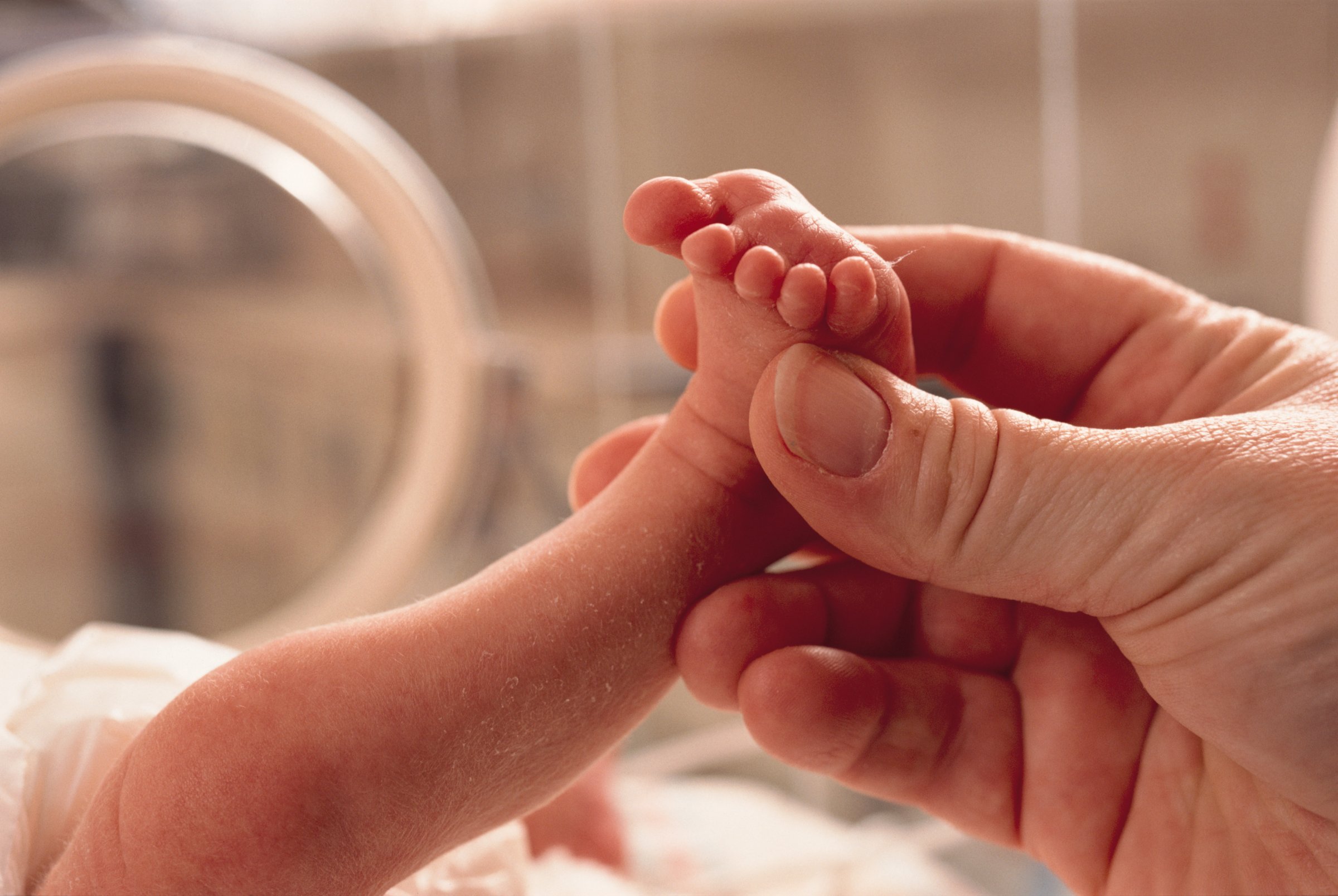
How gregarious you are, whether you tend to be anxious all the time and how responsible you are for your own actions certainly depend on a myriad of factors. Genetics, your home and school environment during childhood, as well as early life experiences, all contribute to the type of person you become.
But in a study published in Archives of Disease in Childhood (Fetal & Neonatal Edition), scientists in the UK report that there may be another more surprising contributor to your personality traits—whether you were born prematurely.
The researchers studied a group of 200 people who were either born when they were less than 32 weeks old or with very low birth weight, both of which have been linked to other health issues in previous studies. These 200 people were compared on personality traits to 197 others born to term and of normal birth weight when all of the people in the study were 26 years old. The group of people born early or of low birth weight were more likely than the controls to fit into what the authors call a socially withdrawn personality; these people scored higher on traits of introversion, neuroticism and autistic features, while scoring lower on risk taking and agreeableness.
MORE: Some Premature Babies Can Survive After Only 22 Weeks, Study Says
All told, premature birth accounted for about 11% of the personality assessment, the researchers say. That’s just a fraction of the different experiences that make up personality, but it’s possible that early birth can set children up for certain traits for a number of different reasons. Biologically, it’s possible that the premature birth exposes infants to a potentially traumatic environment in a neonatal intensive care unit that’s very different from the nurturing, calm experience of babies born to term who are immediately allowed to bond both physically and emotionally with their parents. Second, premature babies may be exposed to certain treatments, including corticosteroids, that can change their metabolic and hormonal development, priming them to be more sensitive to stress and anxiety, for example. And concerned parents of premature infants may tend to be over-protective of their children throughout childhood, contributing to the child’s tendency to avoid risk and worry more.
MORE: Extremely Premature Babies Face Developmental Issues, Study Says
While personality can’t be traced to one particular experience or event, the scientists suggest that prematurity should be investigated further as a potentially important aspect of personality development. “Defining a general personality profile and understanding its aetiology are important because this higher order personality factor may help to partly explain the social difficulties [prematurely born] individuals experience in adult roles, such as in peer and partner relationships and career,” the authors write.
More Must-Reads From TIME
- The 100 Most Influential People of 2024
- Coco Gauff Is Playing for Herself Now
- Scenes From Pro-Palestinian Encampments Across U.S. Universities
- 6 Compliments That Land Every Time
- If You're Dating Right Now , You're Brave: Column
- The AI That Could Heal a Divided Internet
- Fallout Is a Brilliant Model for the Future of Video Game Adaptations
- Want Weekly Recs on What to Watch, Read, and More? Sign Up for Worth Your Time
Contact us at letters@time.com